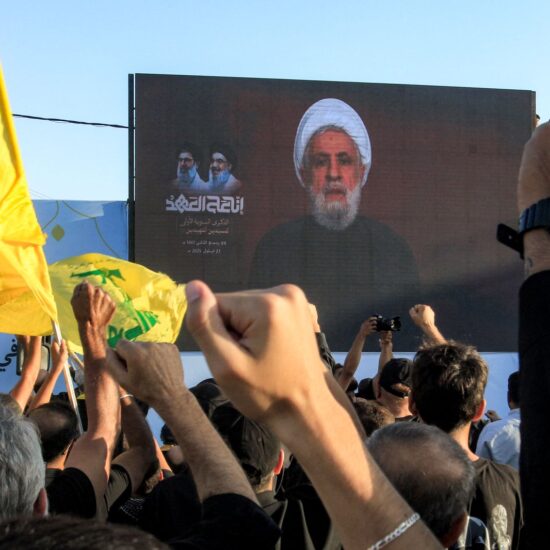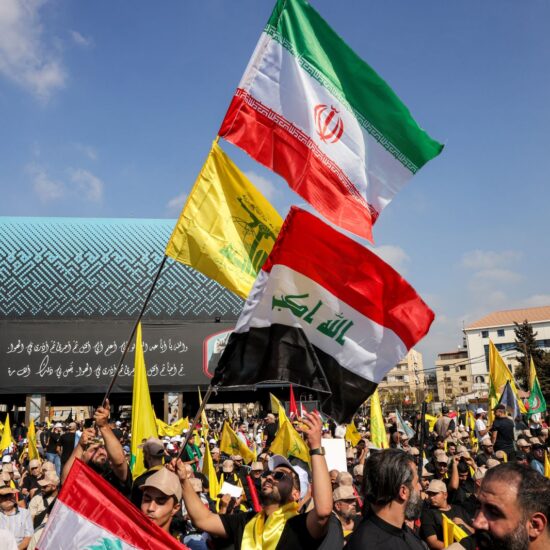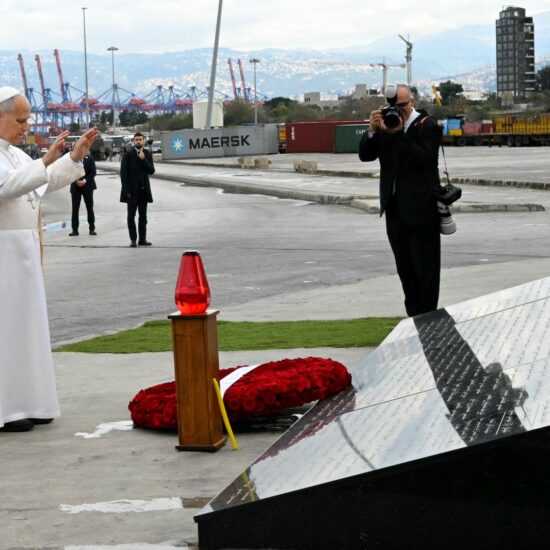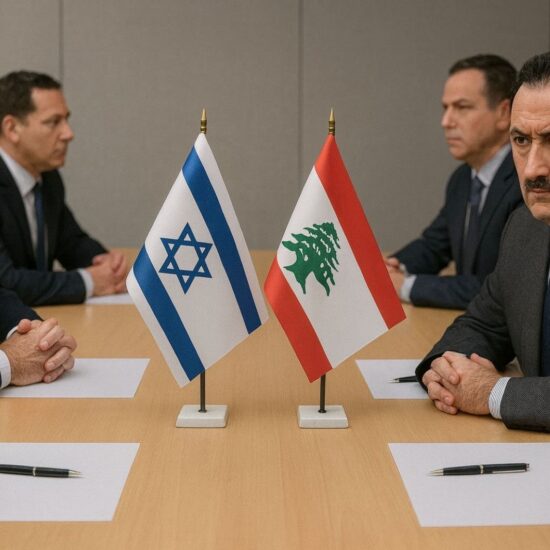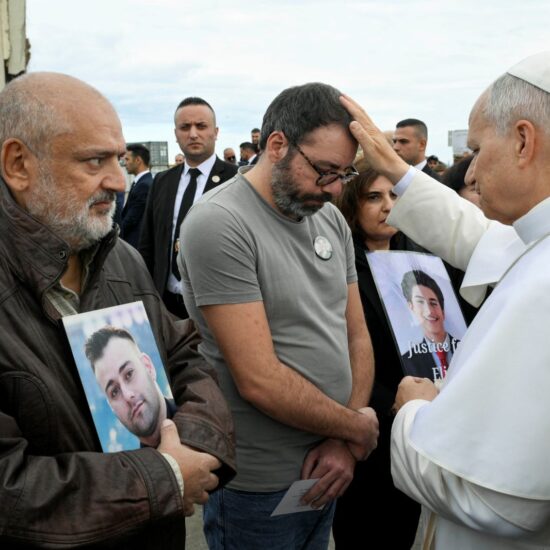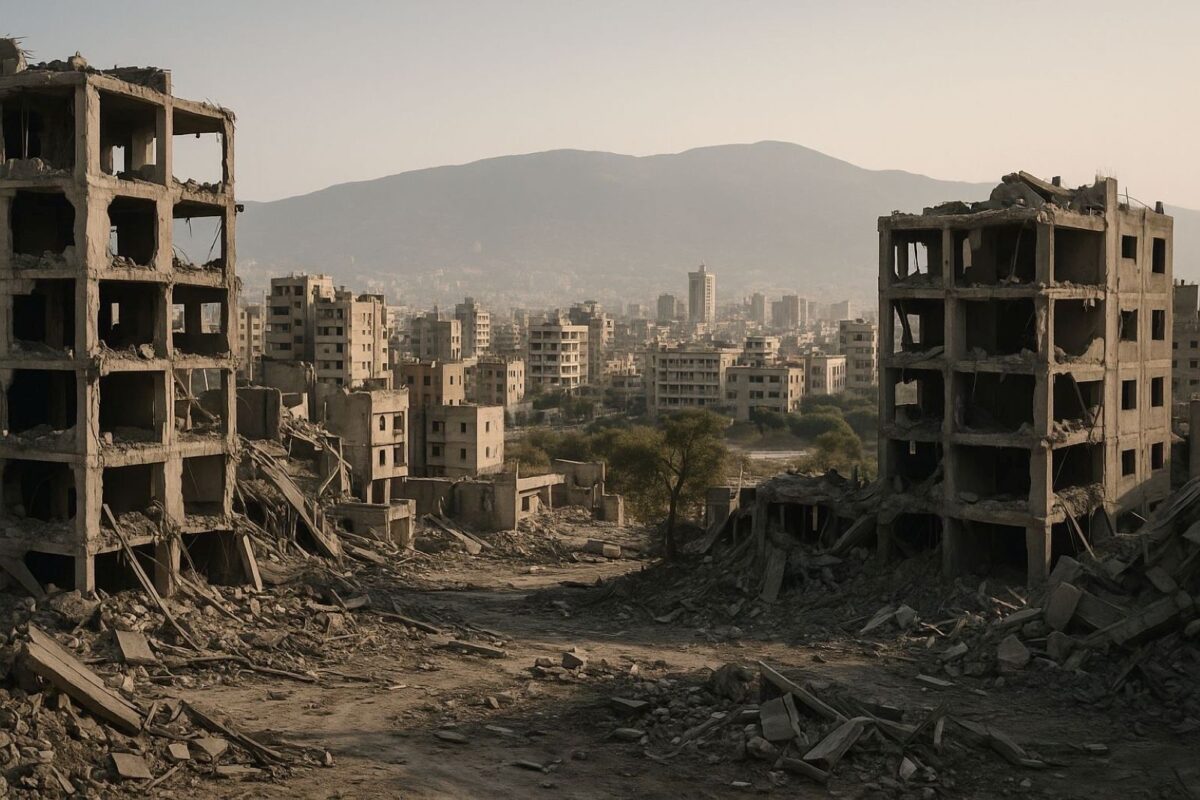
The guns in Gaza have fallen silent—at least for now. But amid the rubble and rhetoric, the region is entering a new phase whose contours are being drawn not by ideology, but by exhaustion. The ceasefire, fragile as it is, signals that the age of permanent war is no longer sustainable, not for Palestinians, not for Israelis, and certainly not for their neighbors. For Lebanon, this moment must serve as both a warning and an opportunity. We have been here before—staring at the mirror of someone else’s war, mistaking their tragedy for our cause.
If Gaza has taught us anything, it is that the monopoly of arms is the foundation of sovereignty. Hamas fought “bravely” but governed abysmally, and the result was ruin. Resistance without responsibility is not liberation; it is paralysis. Lebanon should not need to learn this lesson twice.
A republic that cannot control its guns cannot control its borders, its diplomacy, or its destiny. When the state’s sovereignty is outsourced to a militia, the nation becomes collateral damage. The ceasefire in Gaza will eventually lead to a political framework—whether we like it or not. When that moment comes, Lebanon cannot afford to remain an observer trapped in its own contradictions. We either sit at the table as a state, or we watch our borders be redrawn by others.
Across the Arab world, the word “peace” has finally been stripped of its stigma. What was once taboo has become pragmatic policy. From Cairo to Riyadh, from Abu Dhabi to Rabat, the logic is no longer one of isolation, but of integration.
Lebanon, however, still treats peace as a moral scandal. Our leaders blush at the idea of negotiation while the country bleeds from every pore. There is, as I have said before, no shame in statehood. The only humiliation is to remain hostage to someone else’s agenda.
If indirect negotiations open a door, we should walk through it with clarity and confidence. Talk of “step-by-step” approaches is meaningless if the first step is fear. What Lebanon needs is not normalization for its own sake, but a durable settlement that secures its borders, returns its displaced, and restores its right to decide war and peace from Beirut—not from Tehran.
Gaza’s destruction is a grim reminder that rebuilding without reform is self-deception. Billions will flow once again in aid and pledges, and once again the world will ask: who will ensure the money reaches those who need it?
Lebanon must answer that question now. The 2006 experience was a tragedy of its own: international aid hijacked by the same actors who had provoked the war, reconstruction transformed into patronage. This cycle cannot repeat. If we are to rebuild the south—or the state itself—it must be under law, with transparency, audits, and civilian control. No country can keep paying for the same war twice.
A ceasefire abroad means little if lawlessness reigns at home. Every incident at an airport, every selective arrest, every arbitrary decision erodes the notion of a republic. Sovereignty is not just about borders—it is about the dignity of citizens before their own institutions.
When officers claim authority above the judiciary, or when travel bans appear and disappear by whim, Lebanon teaches its people that the law is a costume, not a principle. The state we need must begin by respecting its own citizens before asking the world to respect its sovereignty.
The temptation to delay elections in the name of “security” is as old as the republic itself. Yet democracies that postpone accountability rarely find it again. We elected presidents during the Lebanese civil war; we can hold parliamentary elections under pressure. The diaspora must vote as a right, not a courtesy.
No electoral law should be a tailor-made suit for whoever is in power. If Lebanon is to regain legitimacy, it must reform its electoral system to reflect representation, not domination. True reform does not begin with budgets or IMF plans—it begins with the ballot box.
Lebanon’s challenge is not to emulate Gaza’s heroism or Israel’s power; it is to reclaim its agency. The next phase of the regional order will reward those who act like states, not those who pretend to be eternal victims. Negotiation is not surrender. Peace is not betrayal. Sovereignty is not an illusion reserved for the strong—it is a discipline demanded of the weak.
If the coming years produce a new regional framework—from the Gulf to the Levant—Lebanon’s choice will be clear: remain a battlefield or become a nation again. The first step toward survival is honesty: we have tried everything except being a state.
There is no shame in peace when peace is made by a sovereign people. The only shame is to keep dying for the wars of others.
Makram Rabah is the managing editor at Now Lebanon and an Assistant Professor at the American University of Beirut, Department of History. His book Conflict on Mount Lebanon: The Druze, the Maronites and Collective Memory (Edinburgh University Press) covers collective identities and the Lebanese Civil War. He tweets at @makramrabah


